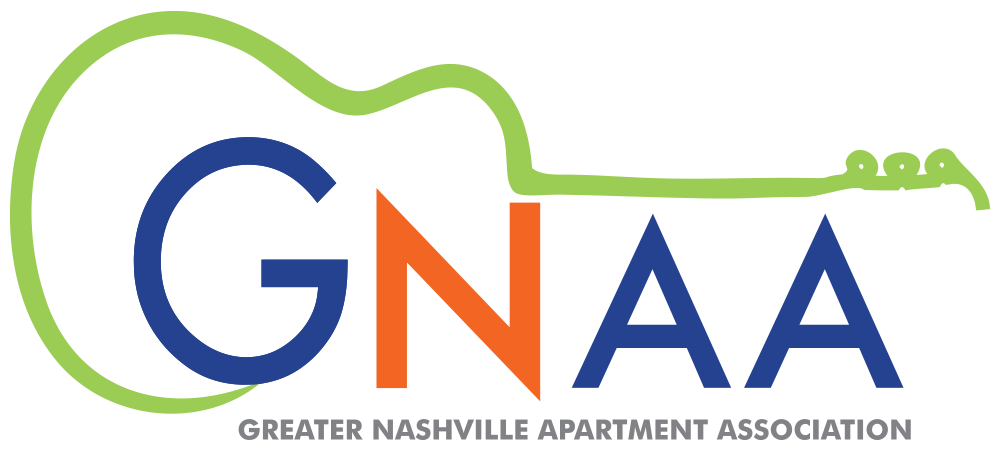Q & A with Alycia Anderson
 |
 |
 |
Who are you and what do you do?
I am a TEDx speaker, founder & CEO of The Alycia Anderson Company, inclusion champion, advocate, DEI &
accessibility changemaker, former VP of a Multifamily SaaS technology company and a believer in possible. I
hold a European Masters Degree in Adapted Physical Activity emphasizing the benefits, practices and
principles of inclusion.
I am a tennis player, cyclist, identical twin and have been a wheelchair user since birth. I share my journey
of inclusion globally to help communities and companies understand the true benefits inherent to building a
diverse and inclusive workplace and society.
I right size everyday obstacles to open your mind to a world of possibility. “And that's how I roll!”
What does your message mean to the multifamily industry?
The opportunity in multifamily to pave inclusion paths forward is there everyday.
Why?
Because we are building the places that people call home, and these places are where the work of
inclusion happens at every moment. I haven't run into many people that look like me on the working side of
the industry, and because of this I’m able to amplify a voice that is essential and also missing most of the
time.
My message has enabled me to stand out in an industry that is looking for a way to bridge the discussion of
disability inclusion and accessibility from a mere compliance driven discussion into a human discussion so
that true change can occur.
Through my voice, I shine a light on what is possible and inspire further opportunities for all of us.
You often give talks about disabling ableism.
What are the primary messages you want people to know about this topic if they haven't met you or seen your talk?
Ableism is a social prejudice or discrimination that favors one over someone with a disability.
Ableism is everywhere. It exists in a glance at the supermarket, a passing comment during a job
interview, the way our media portrays the lives of people with disabilities as inferior or somehow “less
than.” It's so ingrained in our society that it's often overlooked and goes unnoticed, but without recognizing
ableism and its effects we will never fully understand what inclusion, accessibility and equity really
means for all of us.
What is an accessibility barrier you would like to see solved?
Ableism to me stands at the core of all accessibility barriers and leads to accessibility being an
afterthought to the development of all products, services, technology, goods and infrastructure in our
world.
Ableism cuts at the root of progress by being one of the last standing acceptable measures against
equality by facilitating exclusion, and this is because its prevalence is so often overlooked.
As a world we have begun to dismantle the beliefs that one race is better than another or one sex is
superior to another. We have done this by evolving the idea of equality which promotes acceptance of
our differences by choosing to highlight, explore and even feature these differences as valuable
attributes to the richness of our world.
Disability visible or invisible needs to be a part of this too.
Our society will not ever truly value accessibility nor the effort it requires to gain true inclusion until
disability is visible and included in all diversity and inclusion conversations.
What did it take for you to learn to love your disability?
My disability has given me a very interesting life, full of peaks and valleys, a life that I would never
exchange for another. It defines me in some respects by: determining what mobility means to me,
shaping my definition of what healthy is, and adding its special touch to every facet of my life. This in
turn helps my uniqueness show through in everything that I do.My disability is just a part of who I am.
Is it hard sometimes?
Yes, but I did not have a say in what form of life I would be given on this Earth, and
just like everyone else, I had to discover things about myself over time through life experience.
My disability has been with me all along. It is my normal. I know because of it, I am different from everybody else, but the facts are we are all different in some way. The key is recognizing our differences makes each of us uniquely able, in our own ways, to contribute in life. Through overcoming adversities in our lives, we become proficient at something and this is valuable.
What are you working on next?
A microlearning series designed to introduce the inherent benefits of disability inclusion, including: lessons on
ableism, how accessibility leads to innovation, the importance of the language that we use by understanding
microaggressions as well as how we move forward on the modern pathway to inclusion together.
Learn more about adding this microlearning series to your corporate training curriculum:
Pre-Sales Inquiry Link
How can people connect with you?
Website: alyciaanderson.com
LinkedIn: alycia anderson
Instagram: @alyciaspeaking
Twitter: @alyciaspeaking
YouTube TEDx

